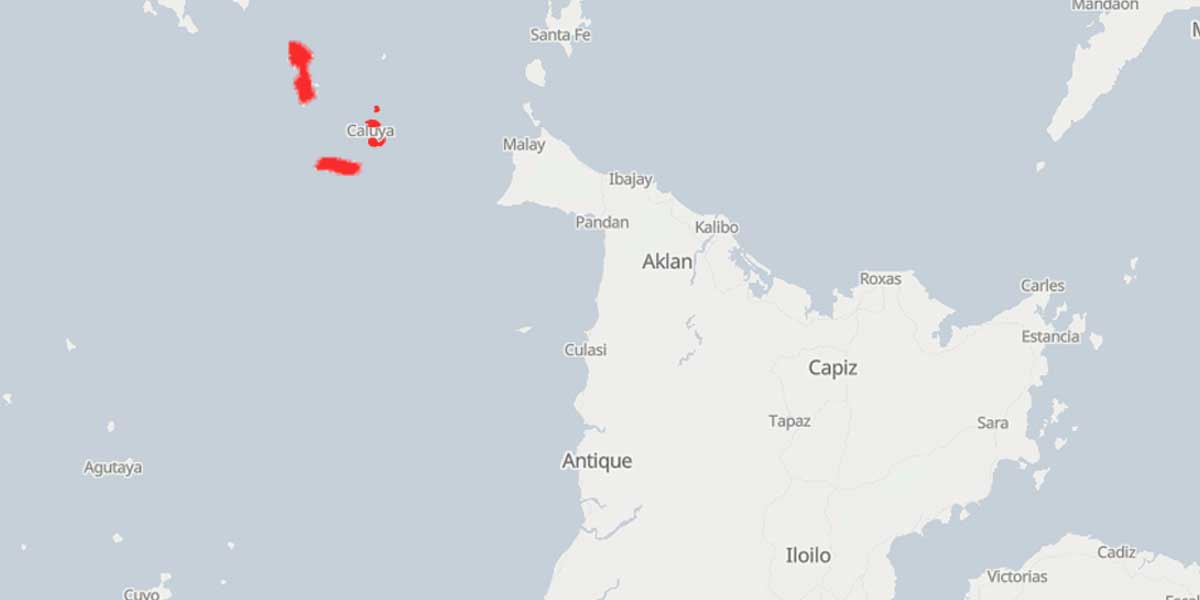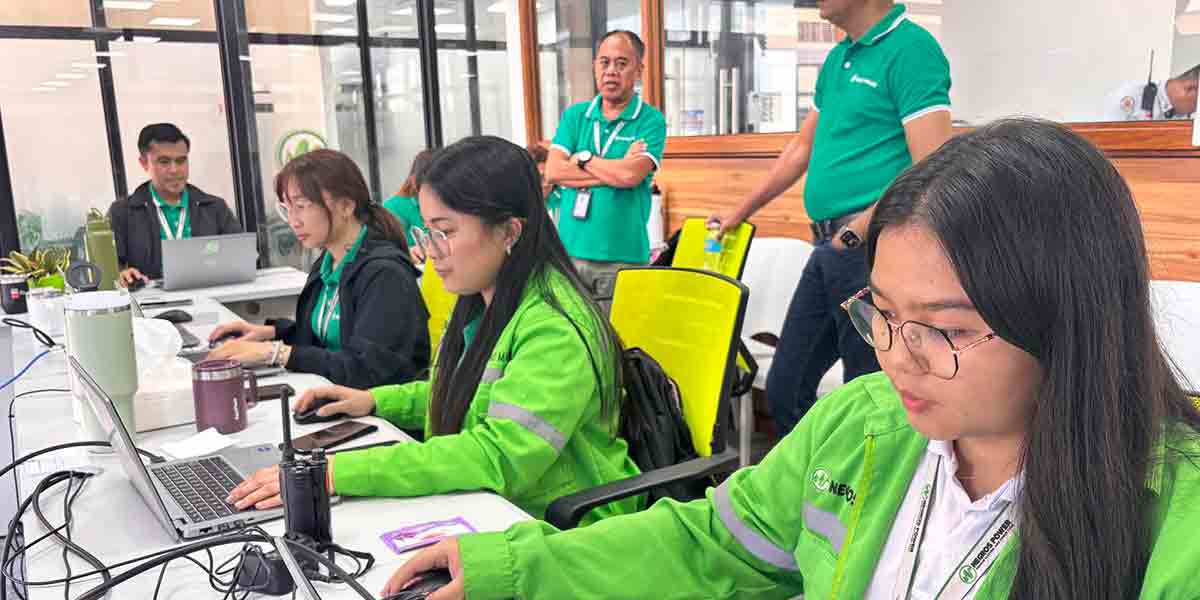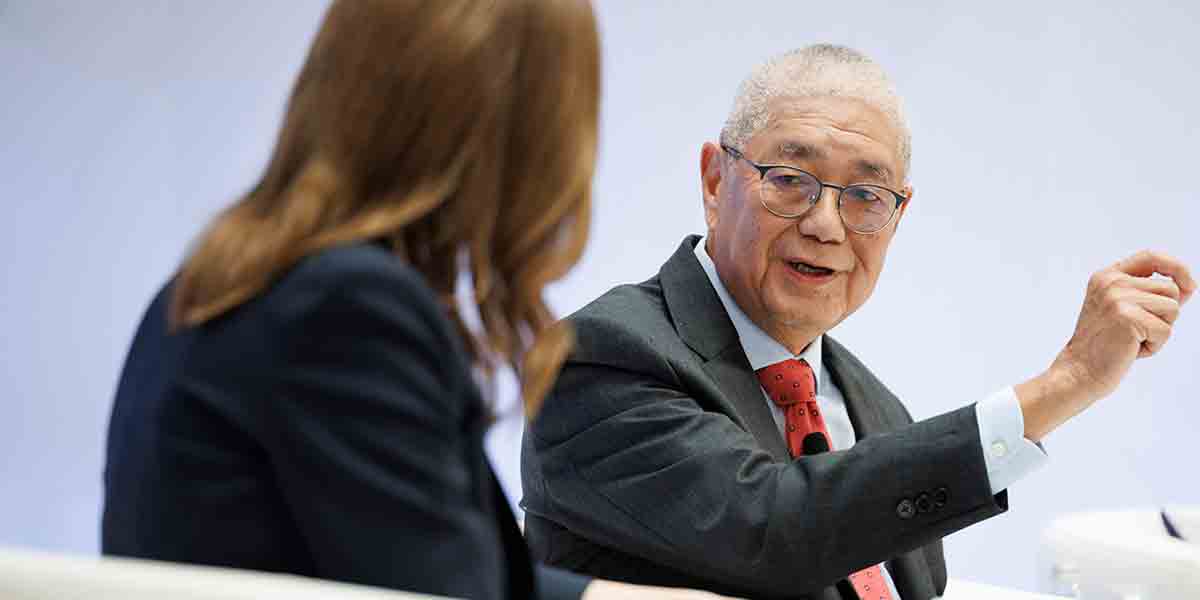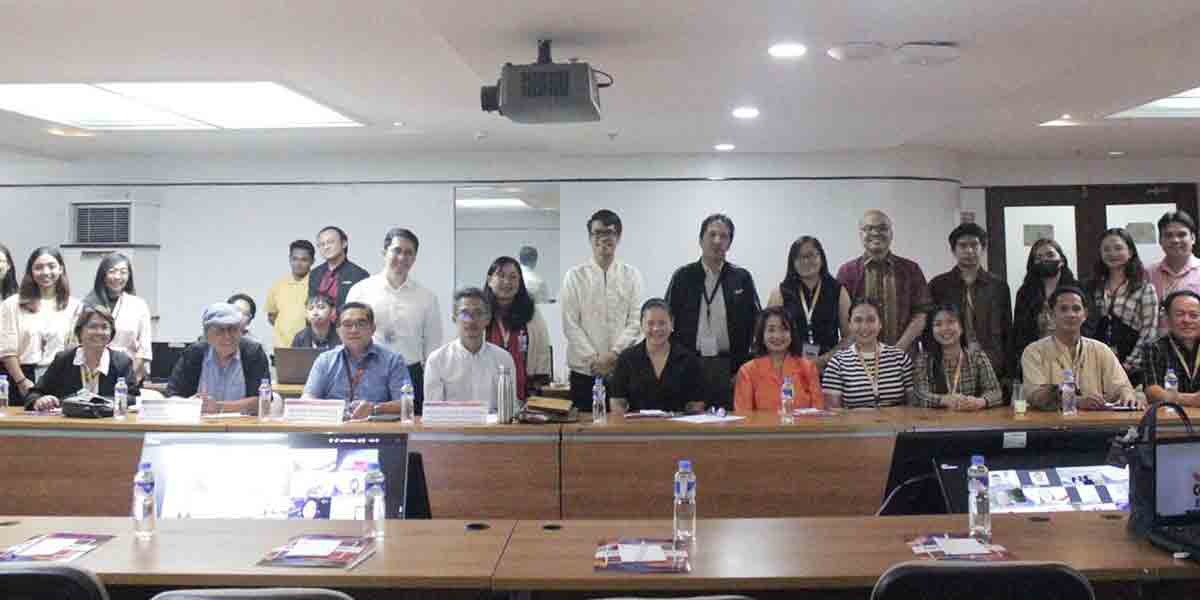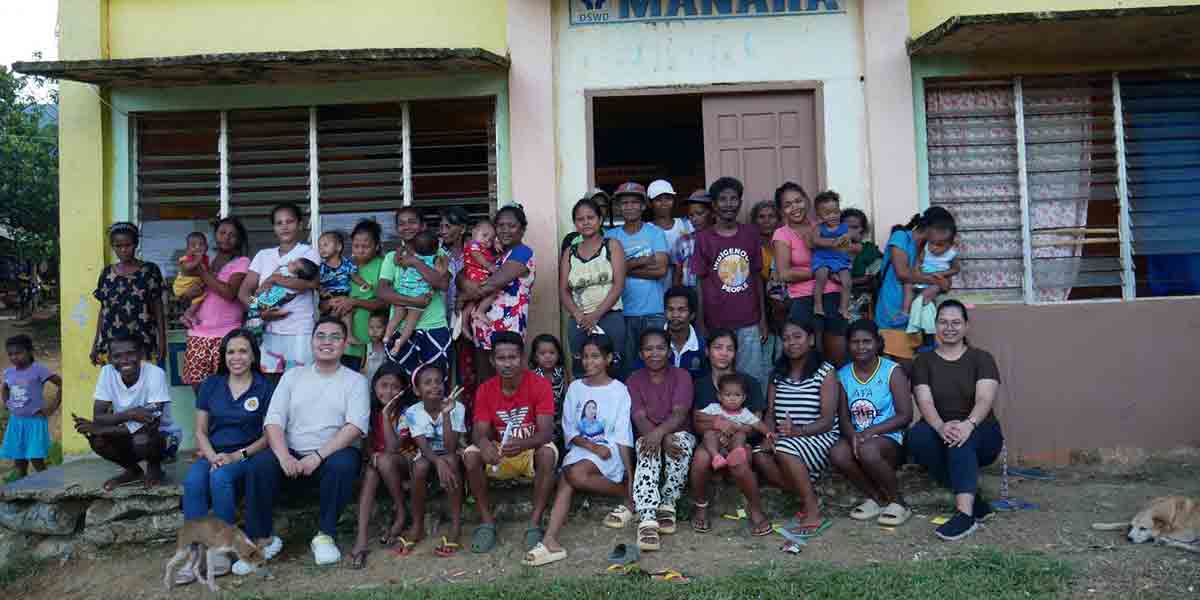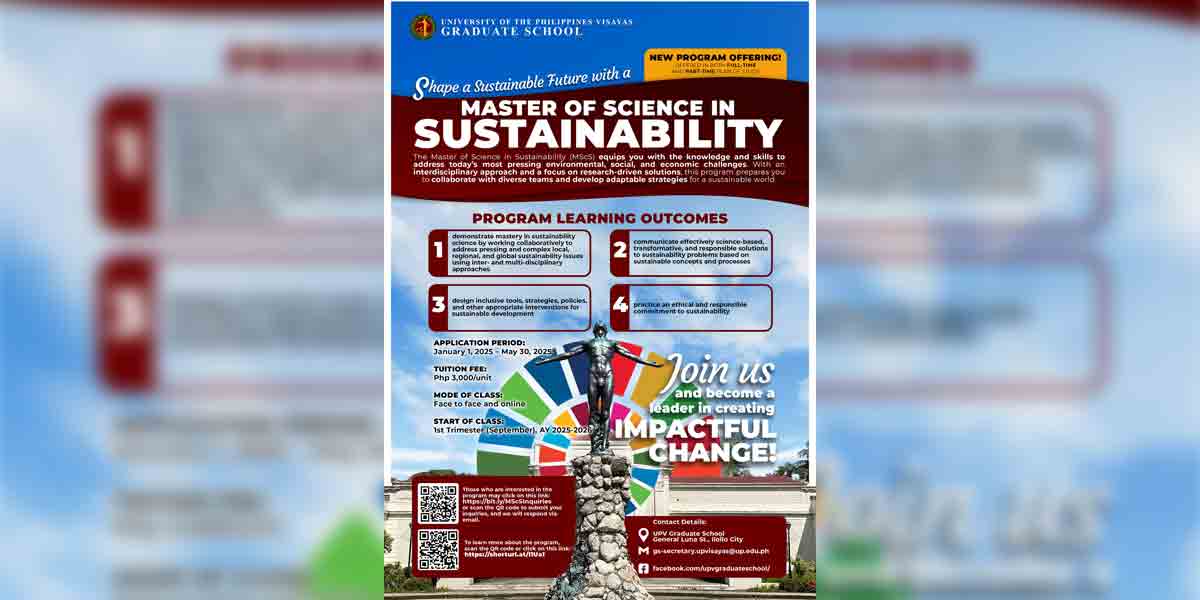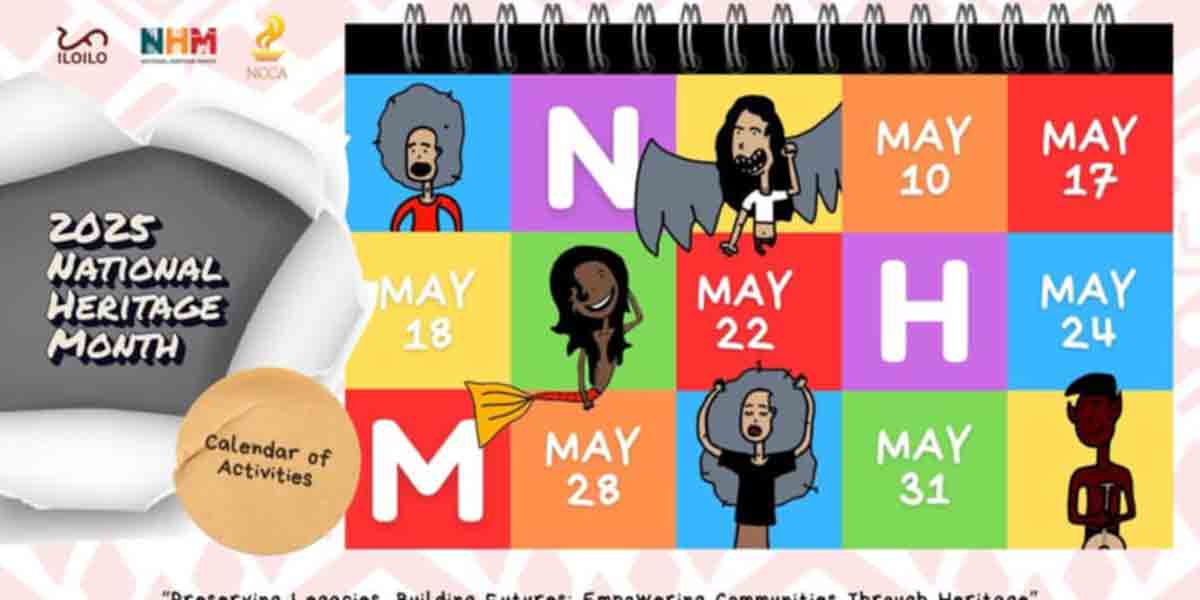By Angela Castor
In the past two days, Iloilo City was somewhat thrown in a state of confusion when there were flip-flopping statements with regards to the recommendation on whether to implement a continued ECQ or GCQ in the City. It was then clarified by the National Government that the Province of Iloilo, including Iloilo City, will still be on the maintained Enhanced Community Quarantine status until May 15, 2020.
In that short period, we saw different reactions from the Ilonggo community. Others were relieved that we are slowly easing the quarantine status which means it will be the start of the recovery of Ilonggos whose livelihood were affected by the pandemic and as well as business owners who are looking forward to the resumption of operations even if it’s understandably not in full capacity yet.
While others were anticipating the General Community Quarantine status of the City, others were not in favor of it because they feel that it’s too early to ease the quarantine and we are not yet ready to reopen businesses this first week of May. This is also along with the reports of new positive COVID-19 cases in both the City and the Province.
Regardless of the decision from ECQ to GCQ and then, to ECQ, this pandemic poses a great challenge to the business community leaving them the question: “How do you recover your business amidst the threat of COVID-19?”.
In a survey conducted by the Iloilo Economic Development Foundation (ILED) and Global Shapers Iloilo Hub, 87.5% of the respondents expressed that COVID-19 has a significant impact to their business operations and their top concerns include drastic financial impact in terms of liquidity and working capital, as well as the stabilization of supply chain before the reopening of business. Needless to say, the economic loss in the Philippines due to the pandemic equates to billions of pesos, at a minimum. Among the MSMEs, it’s mostly the micro-entrepreneurs who felt the blunt impact.
New Playbook for Recovery
In the recently concluded free webinar session on business recovery facilitated by the Futuresmart Resources + Strategies, Inc., ILED Executive Director Mr. Francis Gentoral shared that in the normal occurrence of natural disaster, people usually recover when the response ends. What is unique with this pandemic is that it’s a different kind of disaster that needs a protracted response and while it is being done, recovery must be underway.
According to Mr. Gentoral’s description of the new playbook, there are four major areas to consider when doing business recovery in our “new normal” — Employees, Customers and Partners, Operations and Finance Titles, and Community.
In consideration of employees, MSMEs must be able to protect their workforce by educating their employees on the trends of the “new normal”. The second consideration is for organizations to reassure their customers and partners with regards to the supply chain or financing sources through a scenario or contingency planning. MSMEs should also look into their internal operations especially on managing people and technology that will ensure that products are available and supply chains are not interrupted. And because MSMEs cannot just grow on their own, the support of the community would be critical to its business recovery.
In a nutshell of business recovery planning, the ILED Executive Director devised three A’s for the MSME – Assess, Act and Apply.
When it comes to recovery, MSMEs must first assess the impacts of the pandemic in one’s business operations to identify the consequences of every risk and opportunity it presents. Then, you can already determine your priority responses. From the identified responses and initiatives, “Act” pertains to the actual making of your business recovery plan along with the setting of performance indicators. Finally, “Apply” is putting your plans into action through the mobilization of resources. Also, it is crucial in the implementation of your business recovery to review and update your action plans as you go along since the response is protracted as mentioned.
But regardless if one applies this model in making their respective recovery efforts, it is important to note that the biggest aspect to consider more than one’s own business, is the well-being of the community in general. When everybody is supportive and cooperative, recovery is possible no matter how daunting it will be; the Bayanihan spirit lives on.
Angela Castor is the Sales Manager of FutureSmart Resources + Strategies Inc., an Asian company committed to bridge gaps through technological innovation and data-driven strategies. She is also a former market researcher and brand marketer in one of the biggest research firms in the country and financial service industry, respectively.



